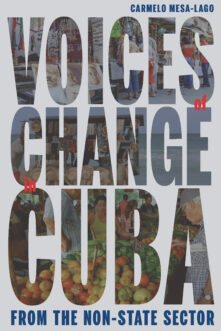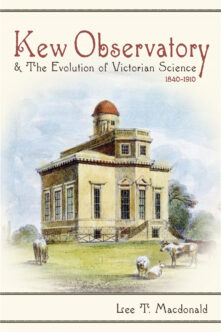Books
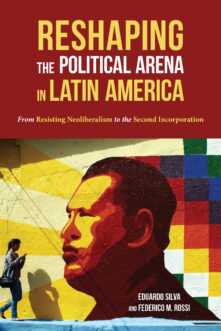
Reshaping the Political Arena in Latin America
From Resisting Neoliberalism to the Second Incorporation
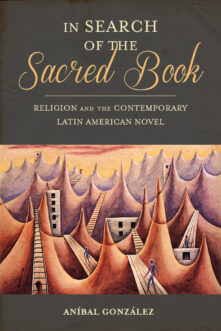
In Search of the Sacred Book
Religion and the Contemporary Latin American Novel
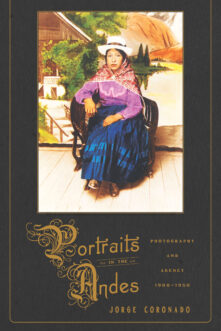
Portraits in the Andes
Photography and Agency, 1900-1950
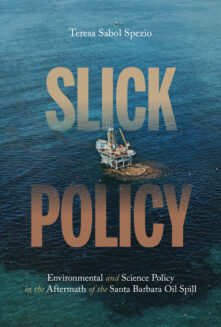
Slick Policy
Environmental and Science Policy in the Aftermath of the Santa Barbara Oil Spill
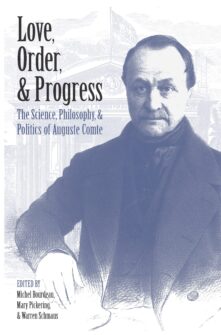
Love, Order, and Progress
The Science, Philosophy, and Politics of Auguste Comte
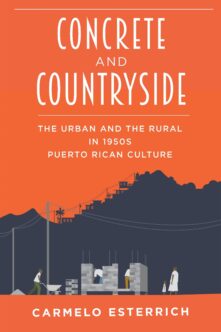
Concrete and Countryside
The Urban and the Rural in 1950s Puerto Rican Culture
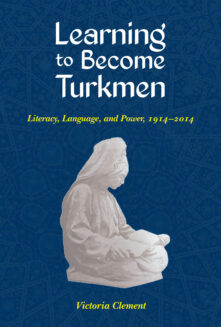
Learning to Become Turkmen
Literacy, Language, and Power, 1914-2014
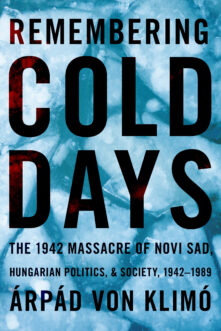
Remembering Cold Days
The 1942 Massacre of Novi Sad and Hungarian Politics and Society, 1942-1989
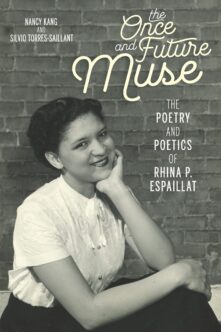
The Once and Future Muse
The Poetry and Poetics of Rhina P. Espaillat
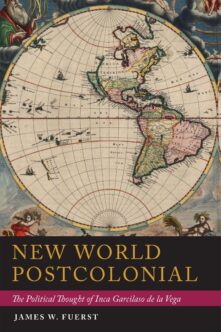
New World Postcolonial
The Political Thought of Inca Garcilaso de la Vega
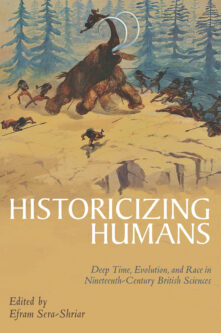
Historicizing Humans
Deep Time, Evolution, and Race in Nineteenth-Century British Sciences
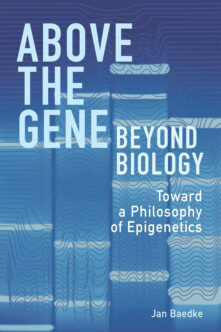
Above the Gene, Beyond Biology
Toward a Philosophy of Epigenetics
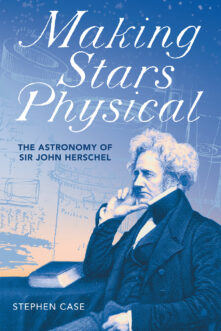
Making Stars Physical
The Astronomy of Sir John Herschel
Total 1559 results found.


